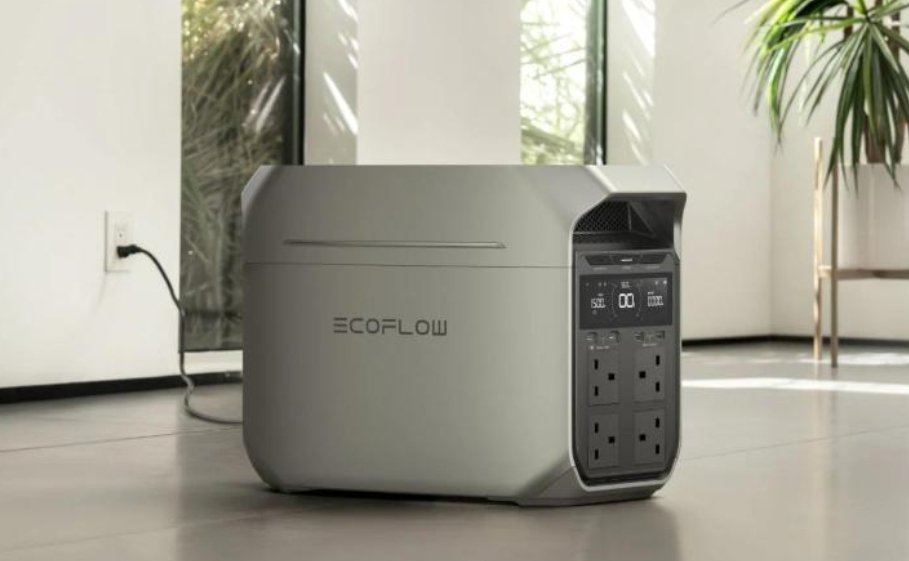Tech
Are Solar Batteries Worth the Investment for Your Home?

Homeowners are increasingly turning to solar batteries to boost energy savings and gain grid independence. Deciding to invest isn’t just about comparing upfront costs with long-term savings—it’s also about valuing backup power during outages, the benefit of using more clean energy, and the long-term security the system offers. To choose wisely, it’s important to consider both the financial aspects and the practical lifestyle benefits. In this article, we will break down the costs and savings, explore the significant non-financial benefits, and provide key questions to help you determine if a solar battery is a worthwhile investment for your home.
Weighing the Financial Costs Against the Potential Savings
Understanding the Upfront Investment and Available Incentives
The initial cost of a solar battery system is a significant consideration for most households, encompassing the battery unit itself, supporting equipment, and professional installation. It is crucial, however, to research available local and national incentives, such as tax credits or rebates, which can substantially reduce the final out-of-pocket expense. The total cost can vary based on the battery’s capacity and your home’s specific energy requirements, making it important to get a customized quote from a reputable installer. Viewing this purchase as a long-term investment rather than a simple expense provides a more accurate perspective on its value. These financial incentives are designed to make the technology more accessible and accelerate the payback period for homeowners.
How Time-of-Use Rates and Net Metering Policies Affect Payback
In regions with time-of-use (TOU) electricity rates, a solar battery becomes a powerful tool for saving money by storing solar energy when rates are low and powering your home when grid prices peak. The financial benefit of a battery is closely tied to your local utility’s net metering policy, which determines how much credit you receive for excess solar energy sent back to the grid. A battery allows you to use more of your own solar production directly, maximizing self-consumption and reducing reliance on variable grid prices. This strategy can shield you from rising electricity costs and enhance the predictability of your monthly energy bills.
The Non-Financial Benefits: What Else Are You Paying For?
The Value of Uninterrupted Power During Outages
For many families, the primary value of a solar battery is not measured in dollars but in the assurance of having electricity during a grid failure. This uninterrupted power means your refrigerator keeps food from spoiling, your lights stay on for safety, and you can charge phones to maintain communication with the outside world. The peace of mind that comes from knowing your home can maintain a sense of normalcy during a storm or blackout is an immense benefit that transcends simple financial calculations. This reliability is particularly valuable for households with medical equipment or remote workers who cannot afford extended downtime. The ability to power your essential needs independently provides a level of security that many find invaluable.
Increasing Your Energy Independence and Environmental Impact
A solar battery significantly increases the proportion of your home’s electricity that comes directly from your own renewable source, reducing your dependence on the traditional power grid. This shift towards energy self-reliance is empowering for homeowners who wish to take greater control over their energy usage and its environmental impact. By storing and using more of the clean energy you generate, you directly decrease your household’s carbon footprint, contributing to a more sustainable future. The system operates quietly and efficiently, integrating seamlessly into your daily life without the noise and emissions of a traditional gas generator. This move towards energy independence represents a tangible step in aligning your lifestyle with your environmental values.

Key Questions to Determine if a Solar Battery is Right
To make a confident decision, ask yourself a few key questions about your specific situation, starting with the reliability of your local power grid and how often you experience disruptive outages. Consider your financial priorities by evaluating whether the upfront cost is manageable and if the long-term savings and security align with your family’s goals, especially if you have time-of-use electricity rates. Think about your environmental objectives and how much value you place on maximizing the use of your clean solar energy and reducing your household’s reliance on fossil fuels. It is also helpful to assess your future plans, as a solar battery is a long-term investment that adds value to your property and is most beneficial if you intend to stay in your home for several years.
Conclusion
Deciding if a solar battery is worth it involves balancing cost and lifestyle needs. While saving on bills is important, many households value reliable backup power and energy independence just as much. Your choice should be based on local electricity rates, outage frequency, and your home’s security and sustainability priorities. Choosing a reliable product like EcoFlow’s solar batteries – known for their practical LiFePO4 technology, safety, and long lifespan – can be a smart investment. By weighing both financial and personal benefits, you can make a decision that brings both savings and peace of mind.
-

 Celebrity11 months ago
Celebrity11 months agoWho Is Mindy Jennings?: All You Need To Know About Ken Jennings Wife
-

 Celebrity12 months ago
Celebrity12 months agoWho Is Jennifer Rauchet?: All You Need To Know About Pete Hegseth’s Wife
-

 Celebrity1 year ago
Celebrity1 year agoWho Is Klarissa Munz: The Untold Story of Freddie Highmore’s Wife
-

 Celebrity1 year ago
Celebrity1 year agoWho Is Mallory Plotnik?: The Untold Story of Phil Wickham’s Wife
















